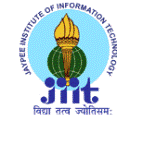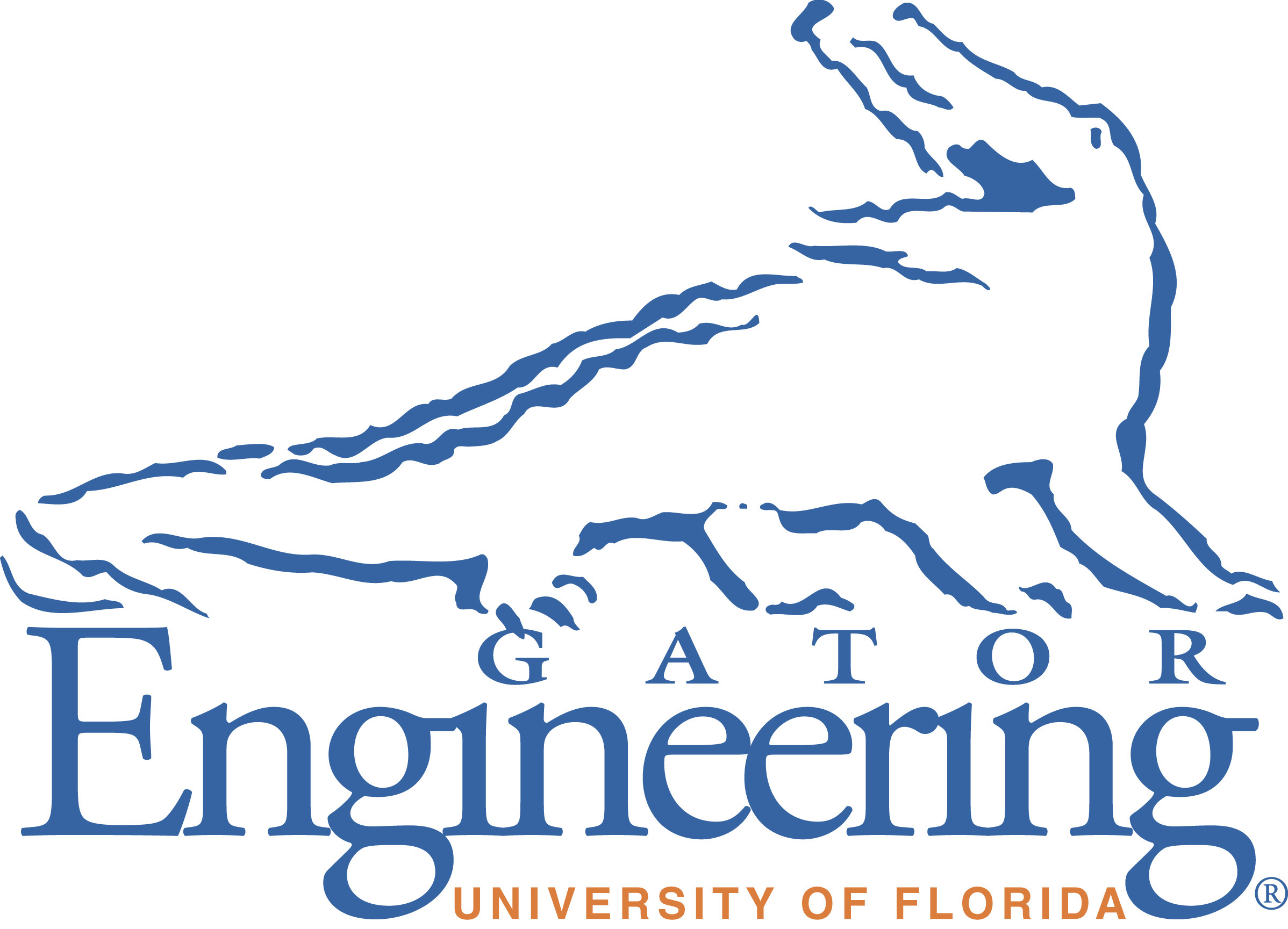
|
 | |
|
| ||
| Title of the Talk | : |
Cloud based Development and Services | |
|
Speaker |
: |
Dr. Gautam Shroff Vice President & Head, TCS Innovation Labs - Delhi Tata Consultancy Services Dr. Shroff heads TCS’ Innovation Lab in Delhi, which conducts applied research in software architecture, natural language processing, multimedia and graphics. Additionally he is responsible for TCS’ Co-Innovation Network, which works with emerging technology companies to create and take to market solutions that have disruptive innovation potential. As a member of TCS’ Corporate Technology Board, he is also involved in the process of recommending directions to existing R&D efforts, spawning new R&D efforts, sponsoring external research, and proliferating the resulting technology and intellectual property across TCS’ businesses. Prior to joining TCS in 1998, Dr. Shroff had been on the faculty of the California Institute of Technology, Pasadena, USA, after which he joined the Department of Computer Science and Engineering at Indian Institute of Technology, Delhi, India. Dr. Shroff has a B.Tech degree in Electrical Engineering from the Indian Institute of Technology, Kanpur, India (1985), and a Ph.D. in Computer Science from Rensselaer Polytechnic Institute, NY, USA (1990). |
|
|
Abstract |
: |
The term ‘cloud computing’ has come to describe infrastructure as a service over the internet such as Amazon’s EC2, platform as a service offerings such as Google’s App Engine and Microsoft’s Azure, as well as large scale cloud programming using Google’s MapReduce and related abstractions. Cloud computing promises significantly lower total costs of ownership for a IT infrastructure as well as a new paradigm for tackling large scale computational problems. However, what are the essential elements of a `cloud service’? How can we go beyond infrastructure /platform services to apply these elements in other arenas such as application development in particular and services in general? In recent years we have also seen the success of some software as a service (SaaS) applications, such as Salesforce.com, to the extent that application development is itself available as a hosted service, blurring the line between users and developers. We call these Dev 2.0 platforms, just as the term ‘Web 2.0’ has been used to describe the transformation of the internet from a world of publishers and readers to one of collaborators where everyone is a creator of content. Viewing these hosted application development platforms from the perspective of the traditional model driven architecture (MDA) vision, these internet services are interpreting and executing application models at run-time (as opposed to generating code) – but otherwise they are in fact model driven systems. The convergence of Dev 2.0 and cloud computing platforms can lead to `cloud-like’ services for application development, so that they exhibit similar pay-as-you go features that make cloud based infrastructure services so attractive. Further, we speculate that similar ideas can be applied to services in general, such as for outsourced BPO/KPO offerings. |
|
A-10, Sector 62, Noida-201307, Uttar Pradesh, India
Copyright © 2007 All Rights Reserved.